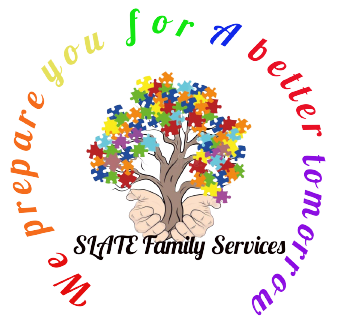Personal Development

Social Skills
We support individuals in developing meaningful social connections through communication, cooperation, emotional awareness, and relationship-building skills. Services focus on practicing appropriate social interactions in real-world settings, promoting confidence, peer engagement, and positive social experiences across home, school, and community environments.
Get in Touch
We're here to answer any questions you may have and help you get started on your journey to independent living. Contact us today to learn more about how we can support you on your journey.
Phone Number
Visit Us
Email
Other website
